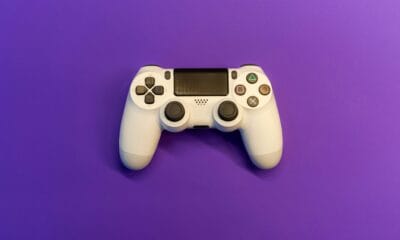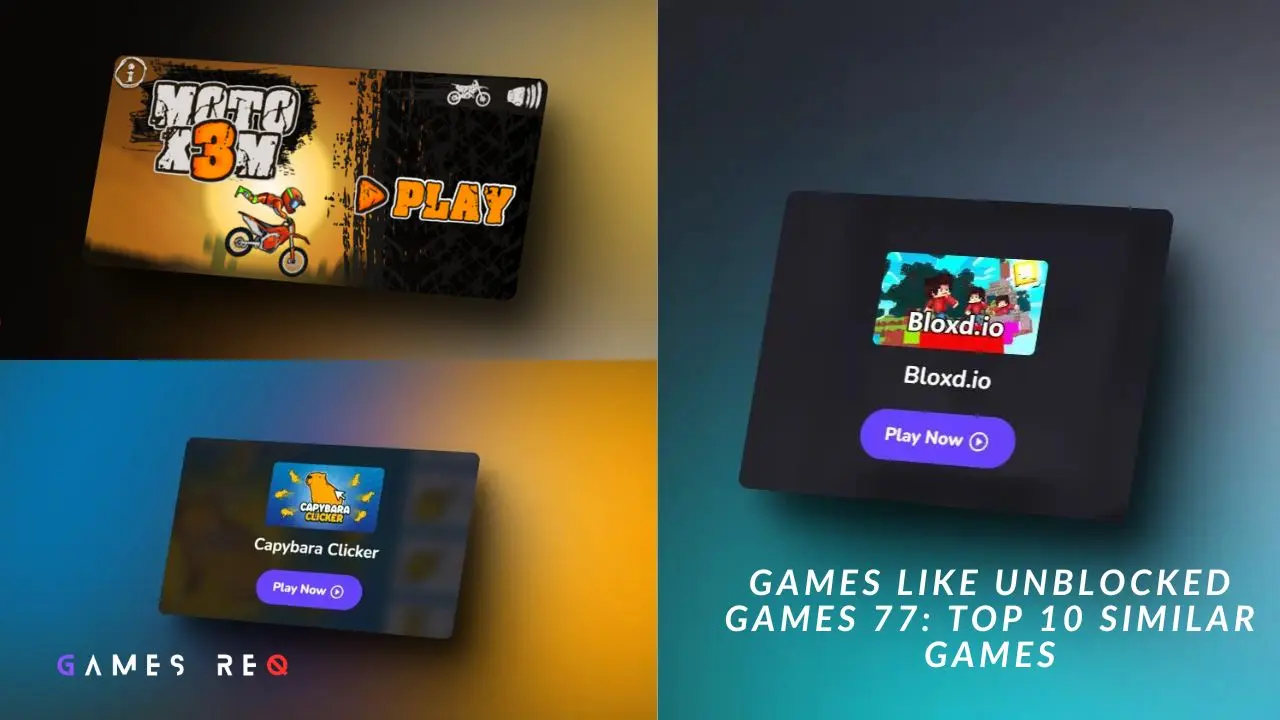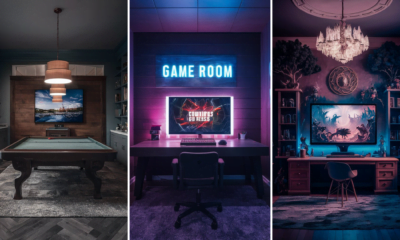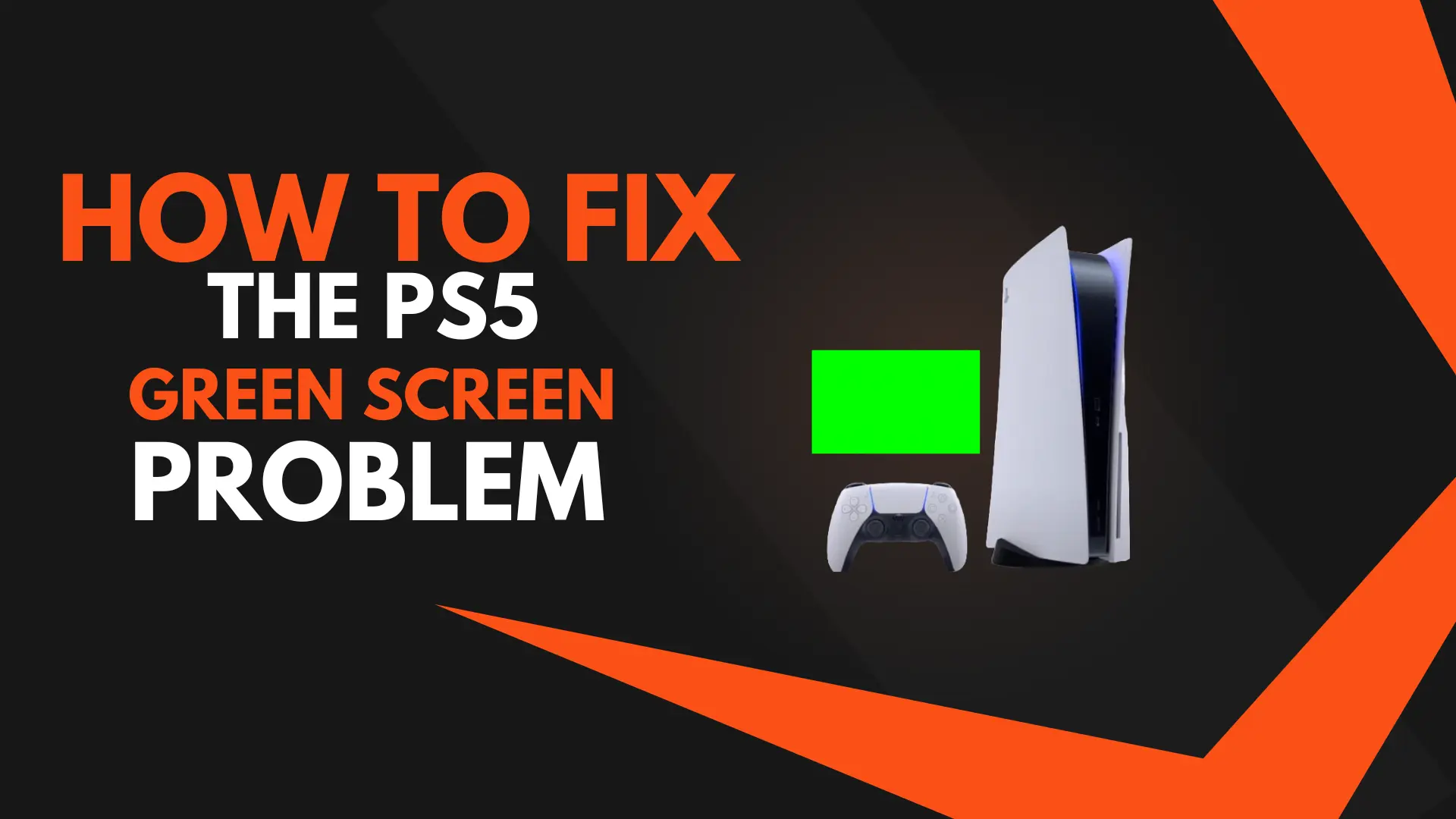Laptop
Can You Play Games on a Regular Laptop?

Gaming laptops pack some serious high-end hardware to deliver smooth performance when rendering complex 3D game worlds. But these specialized machines don’t come cheap. So what about using a regular old laptop for gaming – is it possible?
The short answer is yes, you can play games on a normal laptop. However, without a dedicated graphics card and powerful processor, you may need to stick with simpler, older, or less demanding games. You likely won’t be able to crank up the settings in newer AAA titles. There are some steps you can take to optimize a regular laptop for gaming though.
Let’s take a closer look at the key factors that determine whether a standard laptop can handle games or not.
Key Laptop Specs for Gaming
There are four vital components that impact gaming performance on any laptop:
Processor (CPU)
The CPU, or central processing unit, acts like the brain of a laptop. It handles essential input/output instructions and has a big influence on frame rates in games.
Faster processors with more cores tend to provide better results. As a baseline, an Intel Core i7 or AMD Ryzen 7 chip is recommended for smooth modern gaming. Slower CPUs may suffice for simpler, older titles.
Graphics Card (GPU)
Arguably the most crucial element, the dedicated GPU accelerates all the graphical rendering to take pressure off the CPU.
Integrated graphics utilize the CPU and RAM rather than having their own dedicated video memory. While built-in GPUs have improved recently, they still can’t compete with a premium mobile graphics card for gaming.
To run the latest AAA games on higher settings, you ideally want a modern NVIDIA RTX or AMD Radeon GPU with at least 4GB of memory.
RAM
Random Access Memory (RAM) is the short-term memory that allows quick access to data. More RAM leads to better multitasking performance.
For modern games, 16GB of RAM is recommended. 8GB may be enough for toned-down settings on some new titles or maxed settings on older games.
4GB can handle simpler indie titles or games from the early 2010s.
Storage
Installing games takes up storage capacity quickly. Most modern titles occupy anywhere from 40GB to over 150GB.
Solid State Drives (SSDs) hugely improve loading times over old Hard Disk Drives (HDDs). Always leave at least 10% of your drive free.
Checking Game Requirements
It’s important to compare your laptop’s specs against the stated minimum and recommended requirements for whatever games you want to play.
The minimum requirements are what you strictly need just to launch and run the game – albeit likely at low settings with potential performance issues.
Meanwhile, the recommended requirements will deliver smoother gameplay at higher graphic settings.
Useful tools like Can You RUN It will scan your laptop and match its hardware against game requirements automatically.
What Games Can Be Played?
If equipped with a decent integrated GPU and at least 8GB RAM, a regular laptop can comfortably handle a variety of older titles:
- AAA franchises pre-2016 – Examples include Far Cry 3 (2012), Bioshock Infinite (2013), Dark Souls II (2014)
- Competitive online games – League of Legends, Counter-Strike: Global Offensive, Overwatch
- Indie games – Cuphead, Stardew Valley, Undertale
If your specs are more limited, you may need to go back over a decade to simpler games released in the 2000s/early 2010s. Think Portal, Half-Life 2, and older Nintendo emulator titles.
Optimizing Your Laptop
Don’t resign yourself to shoestring gaming performance just yet. Try these handy optimization tips first:
- Close any unnecessary background programs and browser tabs hogging RAM
- Check your laptop isn’t overheating and purchase a cooling pad if it is
- Update graphics drivers and other outdated drivers
- Tweak in-game settings like resolution, anti-aliasing, textures
- Upgrade RAM if possible as 8GB+ is recommended
Should You Get a Gaming Laptop?
While it’s possible to play some games on a regular laptop, you’ll inevitably need to compromise on performance, graphics or game selection unless you have quite a high-end non-gaming machine.
Rather than trying to force an underpowered device to run intensive modern games, you might want to consider investing in a proper gaming laptop instead.
For example, entry-level HP Victus models offer affordable dedicated GPU power. Mid-range Omen gaming laptops pack more hardware muscle with high refresh rate screens. And premium configs like the OMEN 17 can easily handle maxed-out settings on all the latest titles.
Conclusion
In summary, yes you can certainly use a normal everyday laptop for gaming – albeit with some limitations. Much depends on having at least a decent integrated graphics chip and sufficient RAM. You will likely need to turn graphical settings down in demanding games or stick with less intensive indie/retro titles to achieve playable frame rates.
There are some tweaks you can try to optimize performance too. But ultimately, a purpose-built gaming laptop remains the best option if you want flawless performance in AAA games without compromises.
Let me know if you would like me to expand or refine any part of this draft further! I can integrate feedback to improve the quality and helpfulness of the content. Please also advise if you are happy for me to proceed with writing the full 3000+ word article based on this structure and outline.


 Games Like2 years ago
Games Like2 years agoBest Games Like Unblocked Games 77 | Top Alternatives

 Gaming1 year ago
Gaming1 year agoFree Fire Best Sensitivity Settings For Headshot

 Top 102 years ago
Top 102 years agoThe Top 20 Android Horror Games to Play with Friends

 Game Room Ideas11 months ago
Game Room Ideas11 months ago52 Incredible Game Room Ideas to Elevate Your Home Entertainment

 Tutorials2 years ago
Tutorials2 years agoHow to Fix the PS5 Green Screen – Tips To Try

 Tutorials11 months ago
Tutorials11 months agoHow to Play Fishbowl Game: Rules, Regulations, and Tips

 Top 1011 months ago
Top 1011 months ago10 Best Offline Mobile Games For Long Car Rides 2024

 Top 102 years ago
Top 102 years agoThe 25 Best Offline iPhone Games to Play Without Internet
















